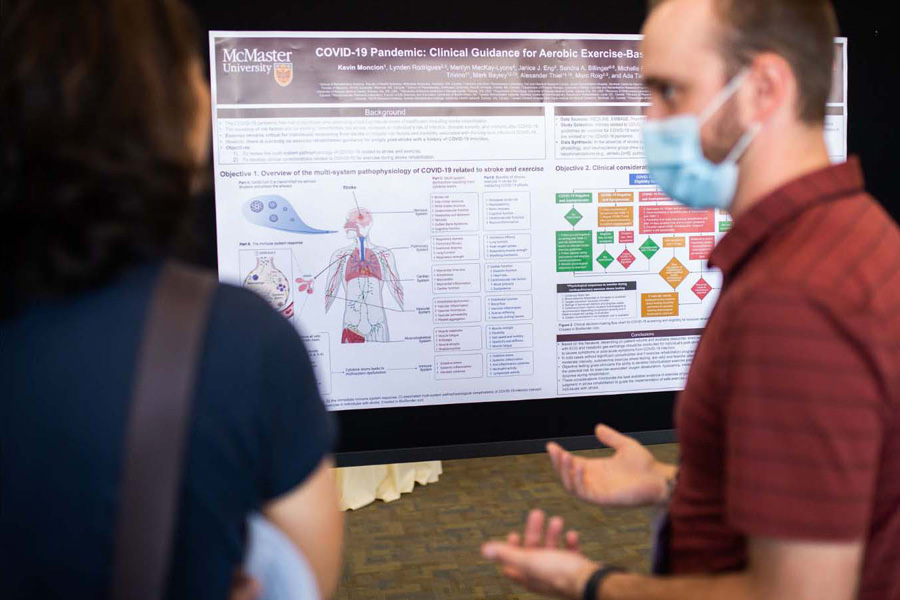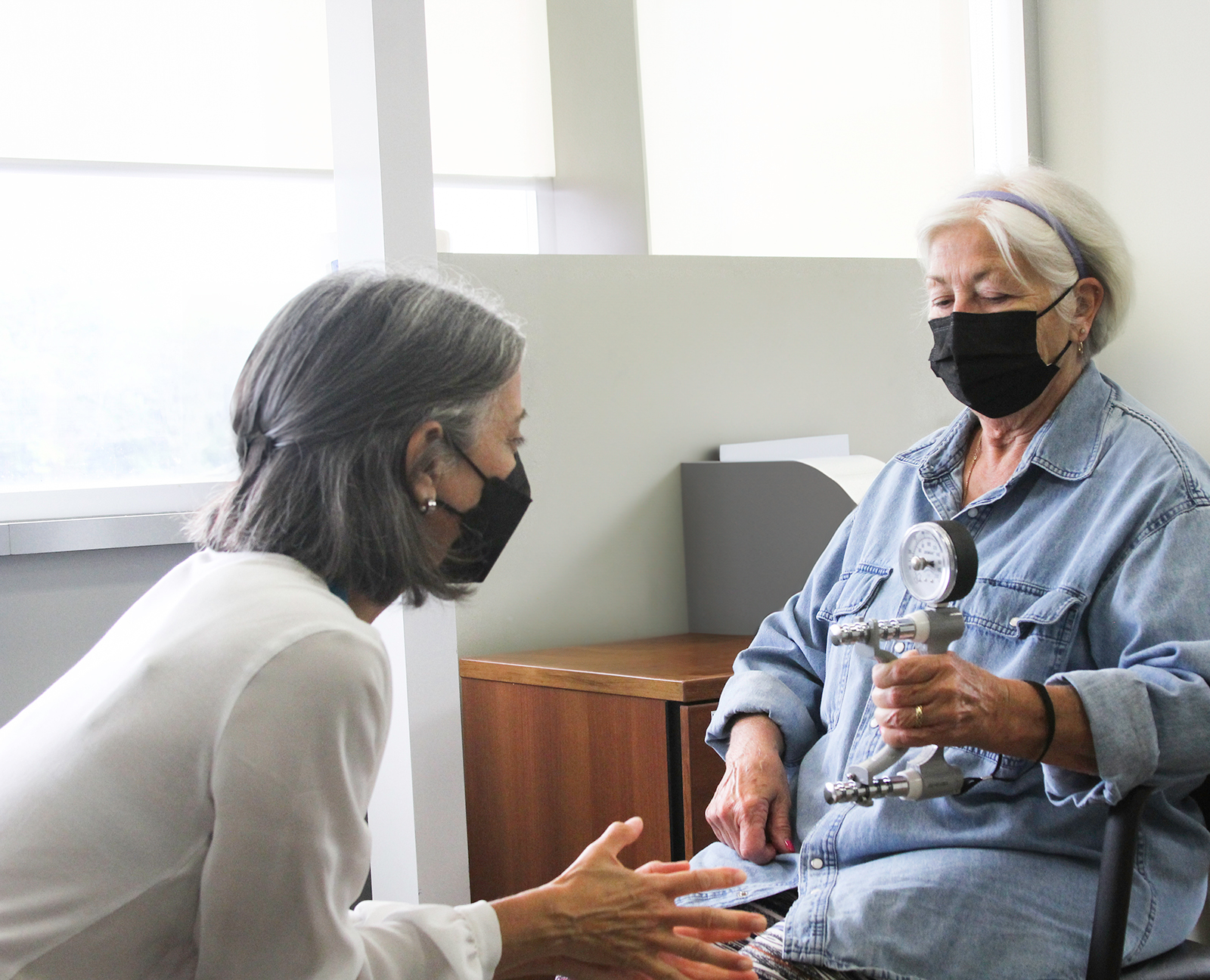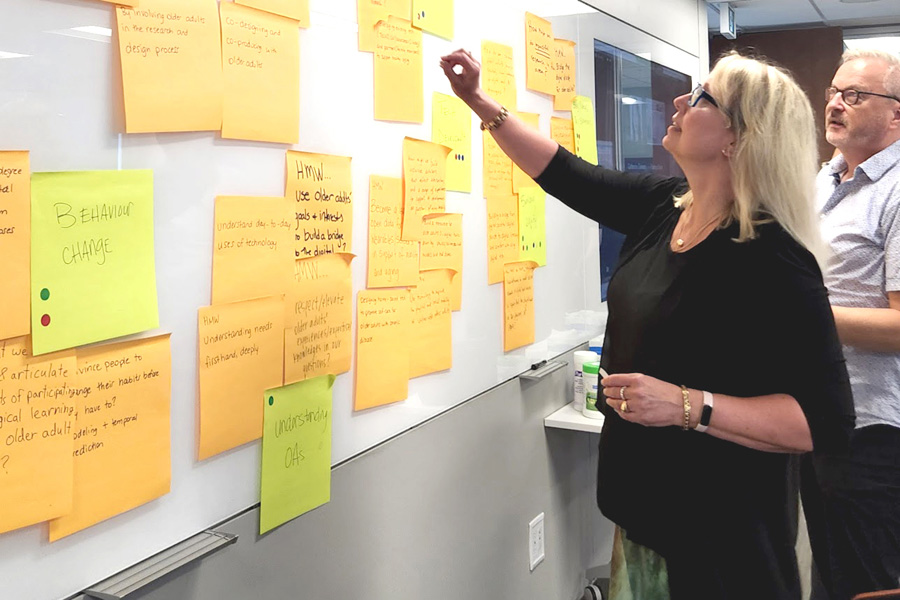Research Projects
Aging Reimagined
Bold, ambitious research — from pilot to major program — is central to MIRA’s goal of improving the lives of older adults.
Overview
Through the Institute and our Research Centres, the Labarge Centre for Mobility in Aging and the MIRA | Dixon Hall Centre, we support McMaster faculty members and their partners to conduct creative research aimed at expanding our understanding of aging and finding solutions to the most pressing issues faced by older adults, caregivers, policymakers and health care professionals.
MIRA leverages relationships with partner organizations to expand the research of available funding and support aging research in critical areas of importance, such as pain, infectious disease and technology.
If you have questions about any of our funding, please contact mirafund@mcmaster.ca
Major Programs of Research and Strategic Initiatives
Big Issues Considered
MIRA runs major programs of research and strategic initiatives to understand large and complex issues in aging.
learn moreCatalyst Grants
Energetic and inspired
Catalyst grants offer the opportunity to conduct collaborative, interdisciplinary research focused on aging. These grants stimulate new collaborations and allow researchers to collect preliminary data to support future proposals for full-scale studies.
Learn MoreFunded Trainees
Tomorrow’s leaders
MIRA and the Labarge Centre for Mobility in Aging (LCMA) support McMaster trainees who are pursuing aging research across all Faculties at McMaster.
learn moreLet’s Work Together
Interested in applying for MIRA funding? We are here to support your application, answer your questions and discuss potential collaborations to make your idea a success.
Send us a message



